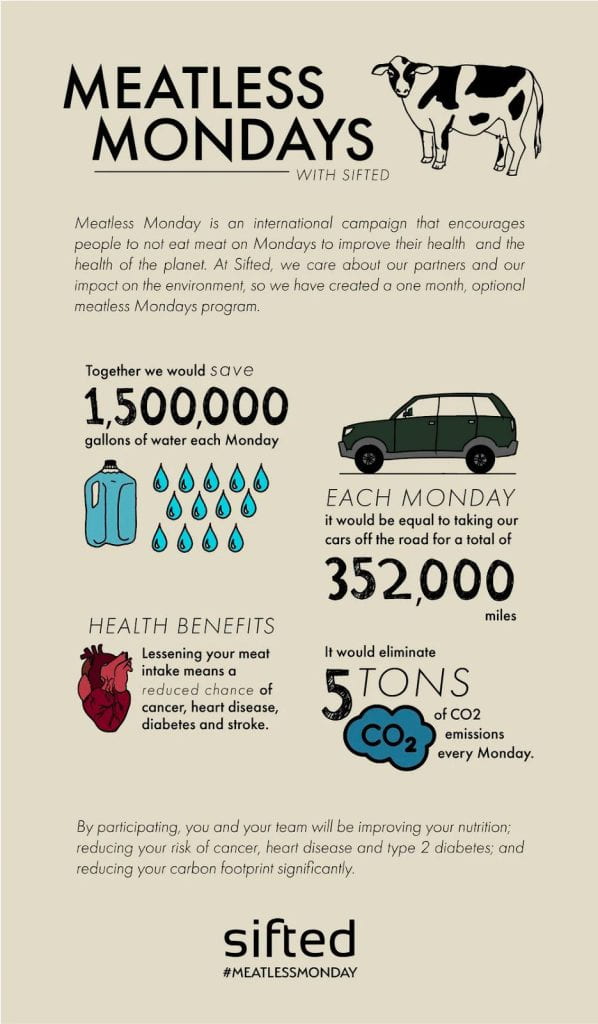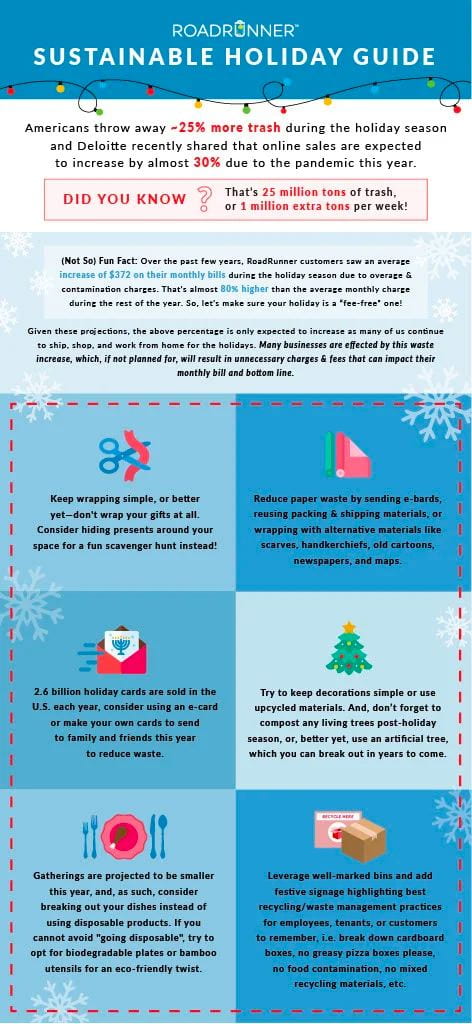Navigating conversations about sustainability with skeptics

Although the holidays can be a time of unity, joy, and rest with family and friends, it can also be stressful when interacting with family members who may hold different morals and values than you. Climate change and sustainability are certainly topics that could be polarizing at family gatherings, but they are certainly important topics that should not be avoided. I think that the most important thing to remember when broaching these kinds of conversations is that any conflict that may arise is coming from a place of ignorance or fear, rather than malice. Always try to keep your language positive rather than accusatory, and try your best to stay calm while keeping the conversation open for growth. Along with this mindset, I will share a few tips to help facilitate productive conversations about sustainability.
1. Stay realistic
The biggest tip I have when introducing new family members to sustainability is to set realistic goals. Suggesting things like eliminating meat out of their diet or ceasing to drive their gas-powered vehicle is intimidating and will likely leave them feeling flustered, guilty, or like they don’t know where to start. Introducing concepts such as meatless Mondays, which is avoiding meat consumption one day per week (often on Mondays) is a good middle ground that is approachable but can still make a big difference if done collectively. A few more easily implementable tips include replacing single-use items like food storage containers with reusable alternatives, buying local or organic produce when possible, and being more intentional about purchases that are made, especially around the holidays.

Source: Sifted Meatless Mondays Impact Infographic
2. Lead by example
Leading by example in these habits is very helpful, especially when interacting with those who may have some bias when it comes to anything that is labeled as sustainable. Some sustainable habits are also more economically friendly, and pointing out these benefits to skeptics can also be beneficial. Consider bringing a plant-based dish to your holiday potluck to show your family that plant based meals can be just as delicious, and share the recipes for meatless Mondays. Choose reusable alternatives to single-use products, or offer homemade or up-cycled items as holiday gifts to promote sustainable consumption around the holidays. Try to focus on sharing experiences around the holidays rather than sharing items.

Source: Roadrunner Recycling
3: Tell your story, and ask for theirs!
It is most likely that the people in your family care about you and your interests, even if they don’t completely understand them. Sharing why you care about sustainability and fighting climate change in a heartfelt way can help someone feel more personally connected to the issue. Additionally, asking them about meaningful experiences they may have had in the outdoors can be a great bonding experience and can act as a bridge into conversation about the importance of conservation and how their sustainability actions can contribute to this.
4: Stay connected
Don’t be afraid to reach out again. Just like us, our relatives and friends are learning more about sustainability and conservation every day, and it is possible for their opinions to change. Every conversation is valuable, and it proves that people care.
Sources
https://www.hennepin.us/climate-action/what-we-can-do/talking-climate-tips#:~:text=REAL%20TALK%20principles%20for%20effective%20climate%20conversations&text=Focus%20on%20building%20trust%2C%20not,end%20on%20a%20positive%20note.


